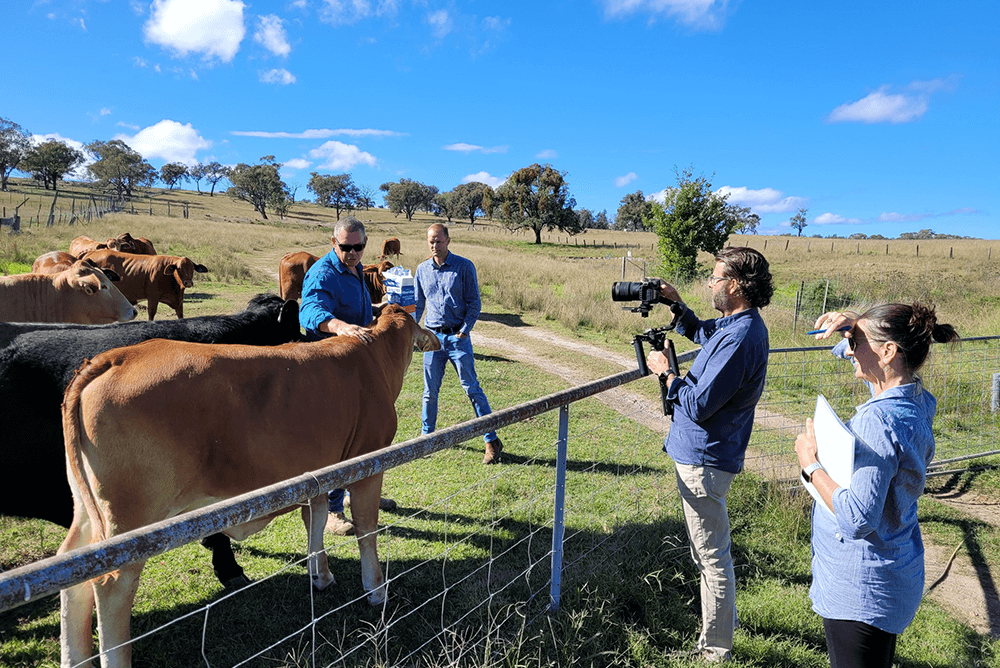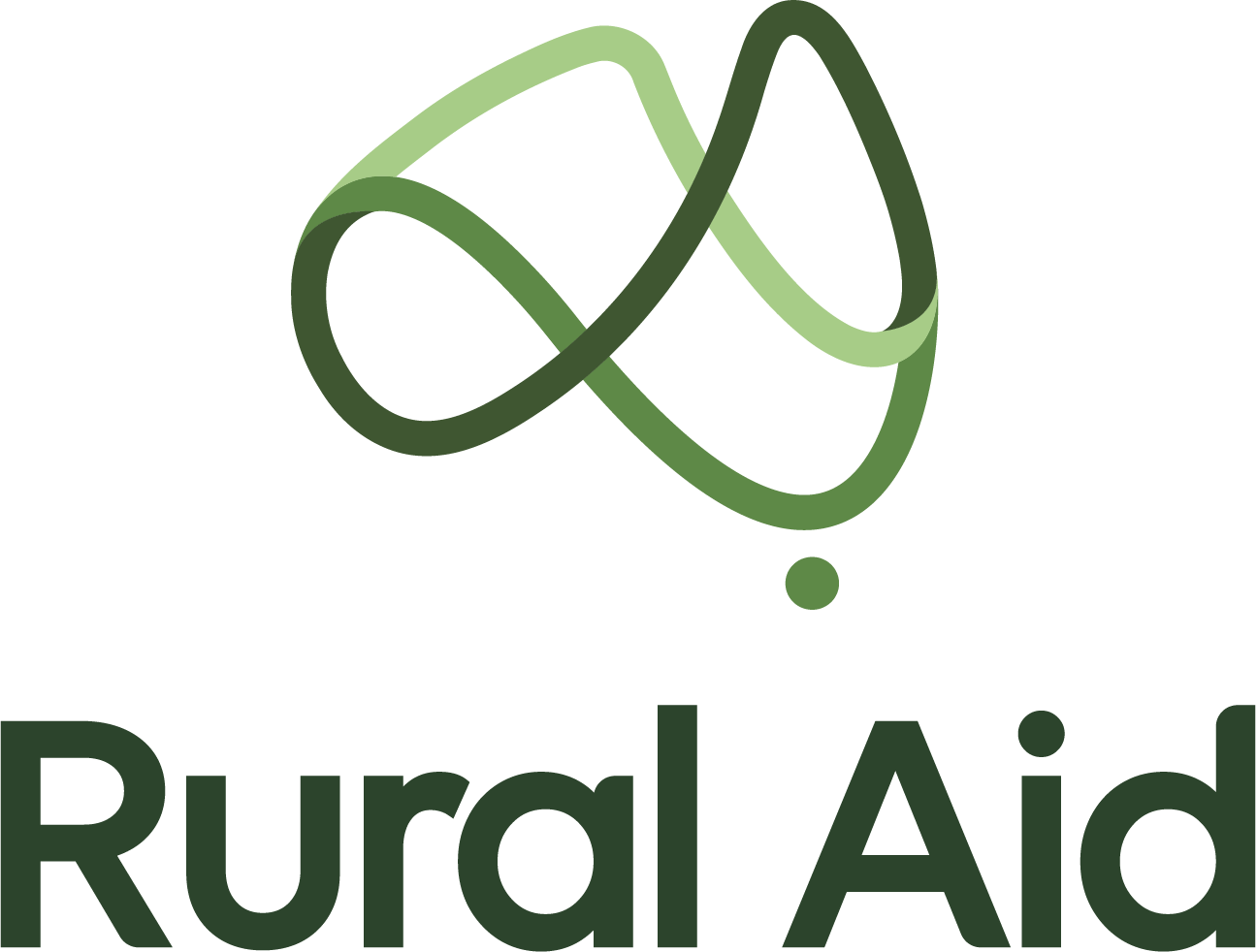Rural Aid helps farming families to reboot

The “people side of drought” is front and centre for a Rural Aid-supported initiative helping farming families reboot not just their businesses, but themselves.
Rural Aid CEO John Warlters said in drought, the focus was on the livestock, the property and immediate concerns, leaving the people themselves “pushed to the side”.
“The Farming Family Reboot is an initiative that we’re really proud of at Rural Aid; we feel it’s a really powerful thing to take families away from the farm for a brief period of time to get new skills, knowledge and tools.”
The Farming Family Reboot itself is not only free, the program covers accommodation and meals for participants, thanks to the support of Rural Aid, the University of New England, and the SQNNSW Innovation Hub through funding from the Australian Government’s Future Drought Fund.
The Future Drought Fund showcased the Farming Family Reboot at this year’s Science to Practice Forum, producing a video with participants from across Queensland and New South Wales including the Thompson, Dwyer, Walterfang and Weller families highlighting their experiences.
Steve and Fran Thompson, of Dalveen in Queensland, took part in the first ever Reboot in Armidale.
“I’m not into going away to courses traditionally … (and) I thought the program was fantastic. It’s just not about farming, it’s about the whole lifestyle,” Steve said.
Armidale Node Manager Lu Hogan, based at the University of New England, said that when planning their activities under the SQNNSW Innovation Hub, they wanted to make sure they met the needs of farmers.
“What we found was that there was plenty of technical information about drought management and infrastructure, but what was really missing was that big picture overview about what’s the strategy for the business and improving their ability to plan and to think about the finances and to also look after themselves.”
2023 participants Rhianne and Jeff Dwyer, Glen Innes NSW, said the latest drought was hard on all farming families, with many selling their businesses and leaving farming.
“We obviously don’t want to do that,” Rhianne said. “We want to have it forever and have it for our kids.”
“You can never stop learning,” Jeff said. “There are different ways of doing things now. We can’t change the weather, but we can do other things to help. We can go home and maybe try different things or prepare better, for it if it does come dry again.”
Grant Walterfang, from Springdale in Queensland, said the renewed enthusiasm he got from the course had made a huge difference.
“Everybody got something out of it, even though there were people there that ran goats, people ran sheep, people ran cattle, people in different areas,” Grant said.
He said everyone had faced the same issues in the last drought, and they came through it still going, and looking for answers.
“The presenters from UNE and other SQNNSW Innovation Hub partners, I believe they really nailed it. Everything they taught us and showed us, they backed up with their own resources and their own experiments they’d done in the paddocks.”
Karen and Peter Weller, from the Winton district of NSW, attended to kick start their succession planning effort.
“What I found at the program, which was so different to other programs, was the mental health component,” Karen said.
“There was a lot more positivity and a lot more explanation, and I took so much more away.”
John Warlters said the beauty of the program was that it wasn’t anchored to any one location.
“It can be picked up and taken right around the country.”
In fact, the next Farming Family Reboot will be held at the SQNNSW Innovation Hub Lismore Node, in November 2023. Expressions of interest can be emailed to lhogan22@une.edu.au
The Farming Family Reboot program covers: the way decisions are made on the farm; understanding and using critical decision points and weather forecasts in the livestock and cropping cycle to better manage climate challenges; available tools such as Ag360.com.au; matching stocking rate to feed supply; critical evaluation of the finances; considering investment in new infrastructure to better manage drought and other climate challenges; relationships within the family and making better decisions as a family; and research and development at UNE SMART Farms.
About Rural Aid
Rural Aid is Australia’s most trusted rural charity. We stand with our farmers when they need us most. Rural Aid provides critical support to farmers affected by natural disaster through financial, wellbeing and fodder assistance. Rural Aid’s community programs help create more sustainable communities by building stronger futures for all Australian farmers. Find out more at www.ruralaid.org.au
For more information or interviews, contact Rural Aid Media on media@ruralaid.org.au or 0447 116 757.
